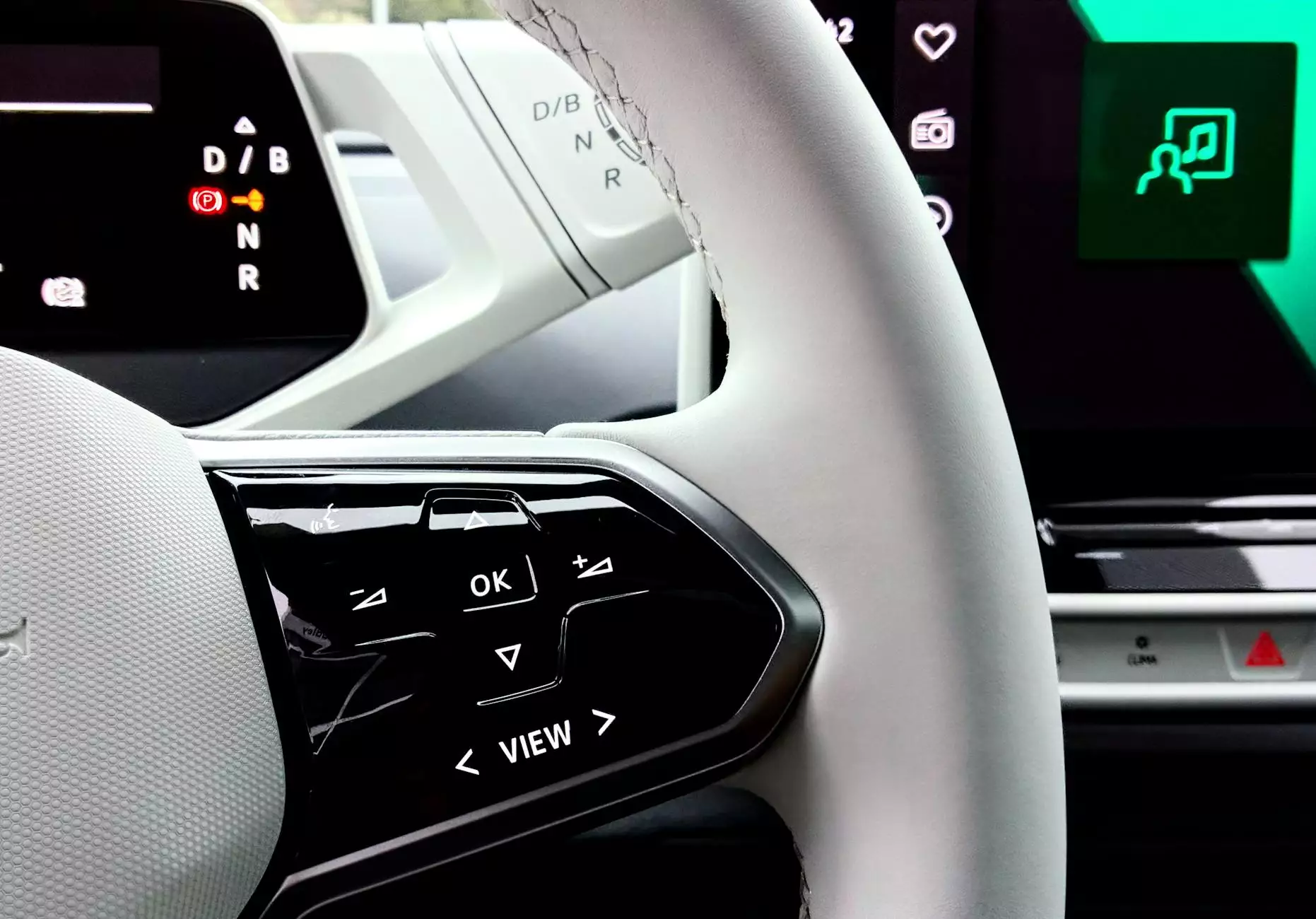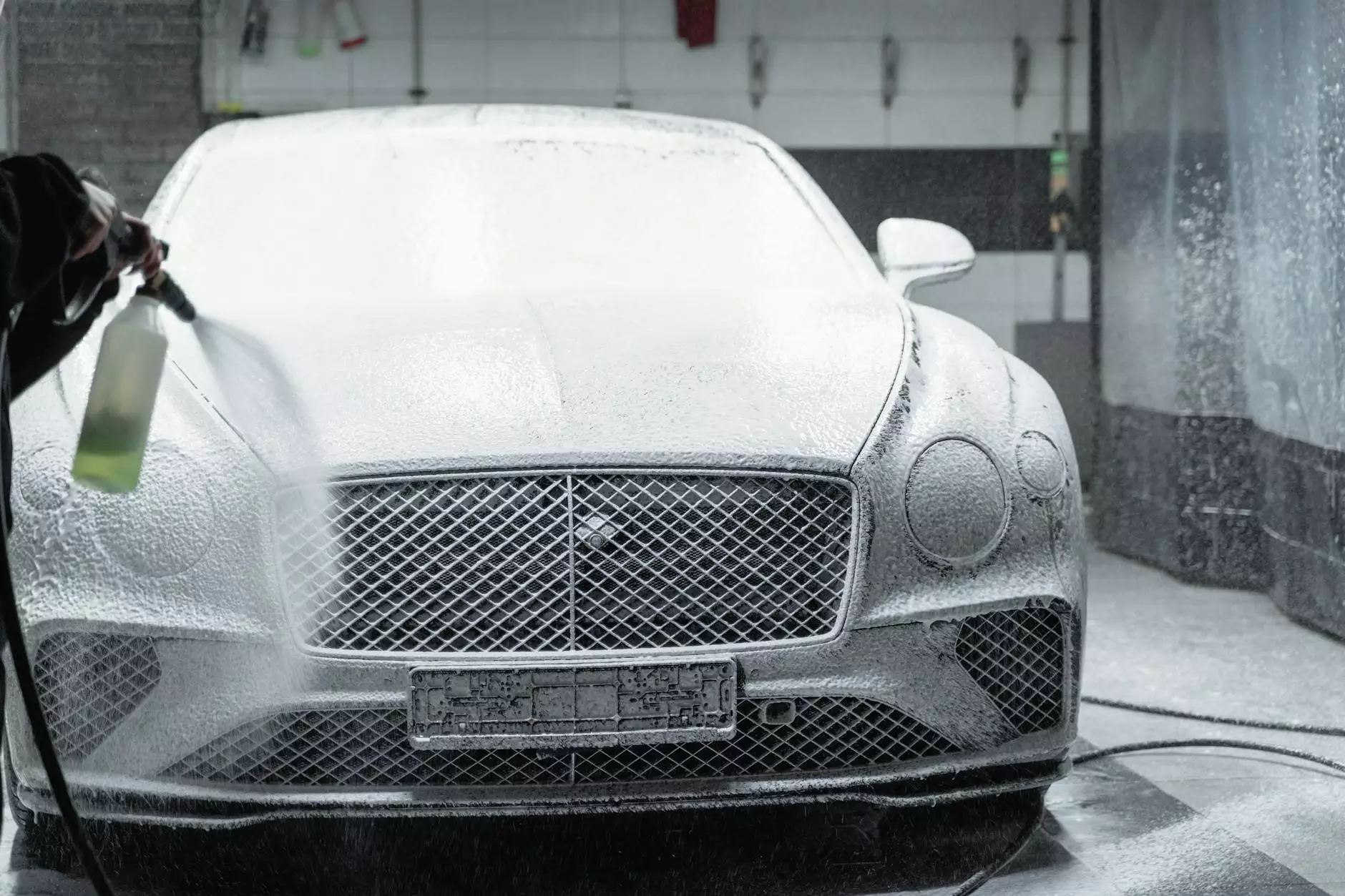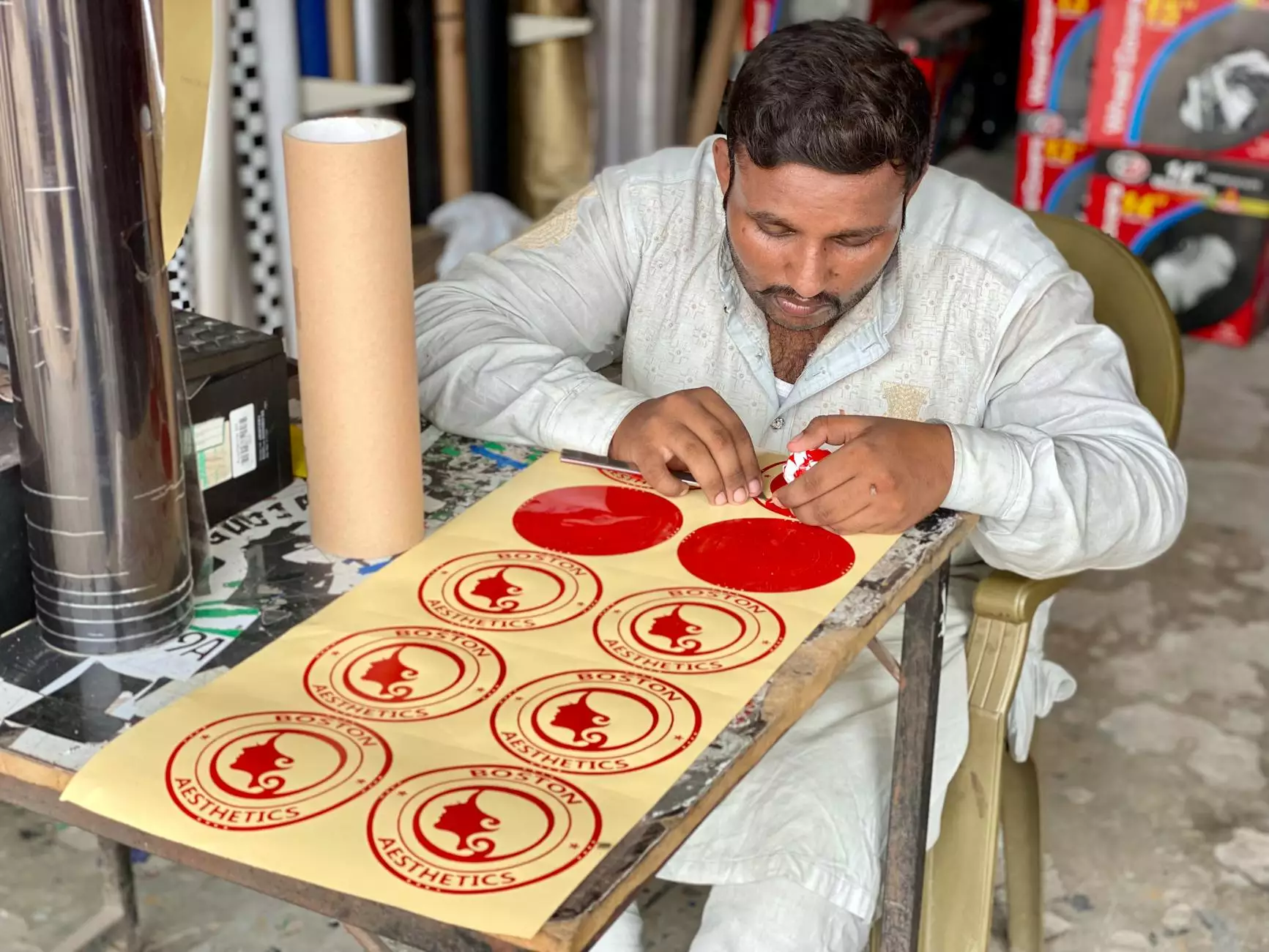The Essential Role of Engine Cylinder Liners in Diesel Engines

Engine cylinder liners are critical components in diesel engines, serving as protective barriers that enable efficient engine performance. Understanding the importance of these parts can significantly impact the longevity and functionality of your vehicle. This comprehensive article delves into the essential aspects of engine cylinder liners, their types, materials, and how they contribute to the overall performance of diesel engines, specifically focusing on insights relevant to clients and stakeholders in the diesel engine parts sector.
What Are Engine Cylinder Liners?
Engine cylinder liners, also known as cylinder sleeves, are cylindrical components situated within the engine block. They provide a smooth surface for the pistons to move up and down, facilitating the combustion process necessary for power generation. In diesel engines, the high pressures and temperatures involved require robust and reliable liners that can withstand the harsh operational conditions.
Functions of Engine Cylinder Liners
- Protection of the Engine Block: Cylinder liners prevent direct wear on the engine block by acting as a sacrificial layer.
- Improved Durability: They enhance the longevity of the engine by mitigating corrosion and wear.
- Enhanced Cooling: Liners help dissipate heat more effectively, maintaining optimal operating temperatures.
- Precision in Cylinder Shape: They ensure that cylinder dimensions remain stable, contributing to consistent engine performance.
Types of Engine Cylinder Liners
Understanding the different types of engine cylinder liners is vital for selecting the right components for your diesel engine. There are two main types of cylinder liners:
1. Solid Cylinder Liners
Solid cylinder liners are typically cast as part of the engine block. They are known for their strength and durability, making them suitable for high-performance applications. These liners are designed for heavy-duty performance and can handle extreme conditions, allowing for higher compression ratios and more efficient power production.
2. Wet Cylinder Liners
Wet cylinder liners are inserted into water jackets within the engine block. This design allows coolant to flow around the liner, effectively regulating temperature and preventing overheating. Wet liners are often used in applications where temperature control is crucial, ensuring that the engine operates efficiently under varying conditions.
Materials Used in Engine Cylinder Liners
The choice of material for engine cylinder liners significantly affects their performance and durability. Common materials include:
- Cast Iron: Known for its excellent wear resistance and thermal conductivity, cast iron is a popular choice for both solid and wet liners.
- Aluminum: Lightweight and offering good thermal expansion properties, aluminum liners are often used in modern diesel engines to reduce weight and improve fuel efficiency.
- Steel: Steel liners provide superior strength and durability, frequently used in high-performance and heavy-duty applications.
The Impact of Engine Cylinder Liners on Performance
1. Fuel Efficiency
The condition and quality of engine cylinder liners can directly affect fuel efficiency. Worn or damaged liners lead to increased friction and subsequent energy loss, resulting in poor fuel economy. Maintaining high-quality engine cylinder liners ensures optimal piston movement and minimizes fuel wastage, ultimately enhancing efficiency.
2. Engine Longevity
A reliable liner plays a significant role in extending the lifespan of a diesel engine. By reducing wear and tear on internal components, high-quality liners prevent premature failure and expensive repairs, contributing to the overall durability of the engine. Regular maintenance and monitoring of the engine cylinder liners can lead to significant long-term savings for vehicle owners.
Choosing the Right Engine Cylinder Liners
When selecting engine cylinder liners for diesel engines, consider the following factors:
- Engine Specifications: Understand the engine type and its requirements to choose compatible liners.
- Material Quality: Opt for high-quality materials that withstand the specific pressures and temperatures of your engine.
- Brand Reputation: Select liners from reputable manufacturers known for their durability and performance.
- Warranty and Support: Ensure the product comes with a warranty and access to customer support in case of issues.
Maintenance Tips for Engine Cylinder Liners
To maximize the performance and lifespan of engine cylinder liners, it’s essential to follow a structured maintenance routine:
1. Regular Inspections
Periodically inspect the engine cylinder liners for signs of wear, corrosion, or damage. Early detection can prevent major issues and ensure timely intervention.
2. Proper Lubrication
Ensure that the engine’s lubrication system is functioning optimally. Adequate lubrication reduces friction between the liners and piston, minimizing wear.
3. Use Quality Fuel
Using high-quality diesel fuel can significantly impact engine performance. Poor fuel quality can contain contaminants that lead to quicker deterioration of engine components, including cylinder liners.
Conclusion
In summary, engine cylinder liners are indispensable components of diesel engines that directly influence performance, efficiency, and longevity. Understanding their types, materials, and maintenance requirements can empower diesel engine owners to make informed decisions that enhance their engines' reliability and durability. At client-diesel.com, we specialize in providing high-quality diesel engine parts, including robust and reliable cylinder liners that meet the needs of our clients.
By prioritizing the quality of engine cylinder liners, you not only safeguard your investment but also contribute to a sustainable approach to diesel engine performance. Explore our offerings today and discover how we can assist you in achieving optimal engine condition!









